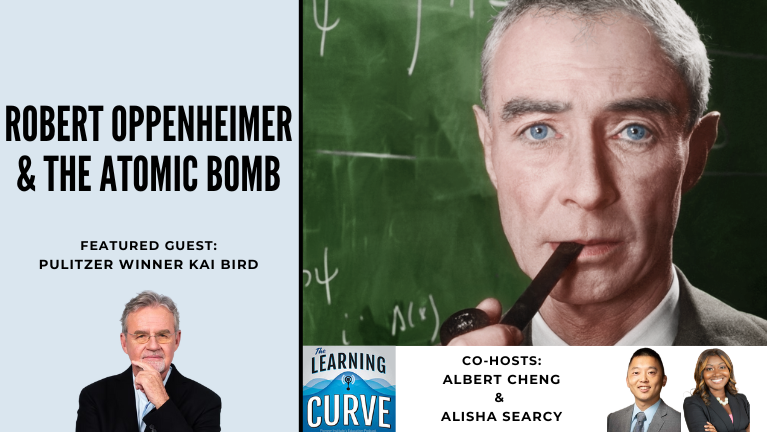The Learning Curve Podcast
Wednesdays at 12 pm
Join Pioneer every Wednesday for insight and perspective on education, learning trends, school choice, and public policy. Our hosts and guests offer a mix of provocative commentary as they interview school leaders, innovators, bestselling authors, policymakers, and more.
Listeners can find The Learning Curve on iTunes (Apple Podcasts), Stitcher, Spotify, and the Choice Media mobile app. Also find it online at Ricochet and Pioneer Institute. Follow The Learning Curve on:








